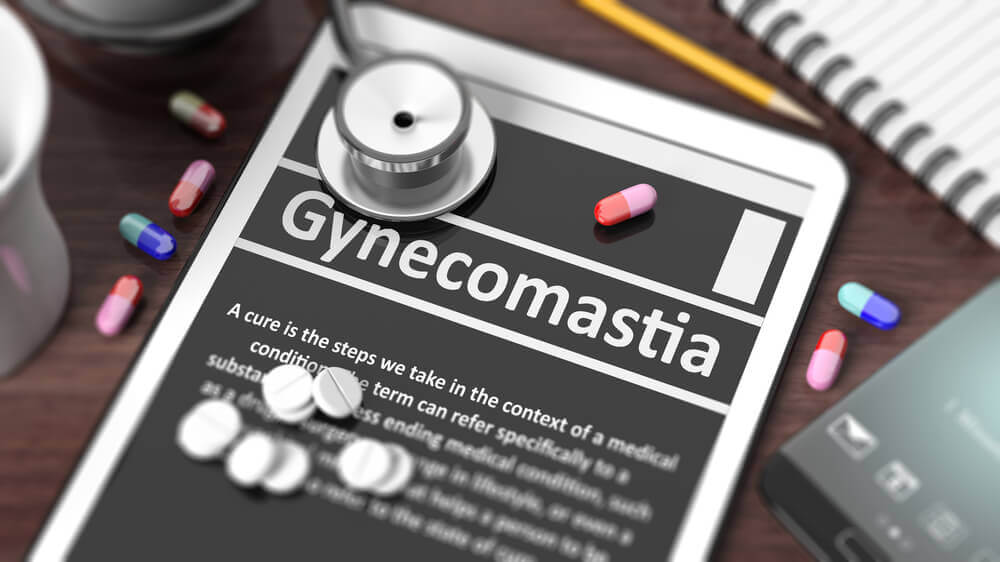Risperdal is one of the greatest medical ironies. That’s because young boys taking it for severe psychosis may develop Risperdal gynecomastia. The appearance of breasts in hundreds of young men causes more psychological harm than good.
What It Treats, and How It Reached Young Men
Risperdal is manufactured by Johnson & Johnson. It is an “atypical antipsychotic drug,” which works by changing the chemistry of the brain to help patients with certain disorders. It was created to treat schizophrenia, bipolar disorder, and Tourette syndrome. But as the drug grew in popularity, more patients with different needs began to use the drug. This included children with autism—some of whom later suffered the physical and emotional side effects associated with gynecomastia. This article explains the history of Risperdal, the potential side effects, and how lawsuits are progressing for those with gynecomastia.
The History of Risperdal
In 1993, the FDA approved Risperdal (known generically as risperidone) for short-term treatment of schizophrenia. In 2005, after being used to treat elderly dementia patients, the FDA added a warning label to Risperdal due to the increasing number of deaths associated with its use in dementia patients. Then, in 2006, a study revealed some complicated health risks associated with Risperdal.
Risperdal Gynecomastia, and Other Side Effects
In the mid-2000s, multiple reports of adverse health concerns prompted the FDA to investigate the drug. In 2013 the manufacturer Janssen Pharmaceuticals and its parent company, Johnson & Johnson, agreed to pay $2.2 billion dollars for illegally marketing Risperdal for unapproved uses. These uses included marketing the drug for child and adolescent patients. Risperdal was not approved by the FDA for individuals under the age of eighteen until 2006.
During the time that Janssen Pharmaceuticals illegally marketed the drug for younger patients, the company also failed to disclose a number of the potential side effects, including gynecomastia. Gynecomastia is a disorder in which young males experience large breast growth. A 2006 study conducted by Duke University researchers found a significant increase in the numbers of gynecomastia cases associated with patients taking Risperdal. Since 2010, more than 130 patients have reported symptoms of gynecomastia following use of Risperdal during the period it was not approved for children.
The Emotional Toll of Risperdal Gynecomastia
In severe cases, the only treatment for Risperdal gynecomastia is a mastectomy. Beyond its physical side effects, gynecomastia carries a significant emotional and psychological toll. Patients as young as 9 developed breasts while taking Risperdal. It’s clear the psychological, emotional and social tolls at that age can make the patient’s depression worsen.
If you or a loved one developed Risperdal gynecomastia, you may wish to file a Risperdal lawsuit.
Lori Polemenakos is Director of Consumer Content and SEO strategist for LeadingResponse, a legal marketing company. An award-winning journalist, writer and editor based in Dallas, Texas, she's produced articles for major brands such as Match.com, Yahoo!, MSN, AOL, Xfinity, Mail.com, and edited several published books. Since 2016, she's published hundreds of articles about Social Security disability, workers' compensation, veterans' benefits, personal injury, mass tort, auto accident claims, bankruptcy, employment law and other related legal issues.

